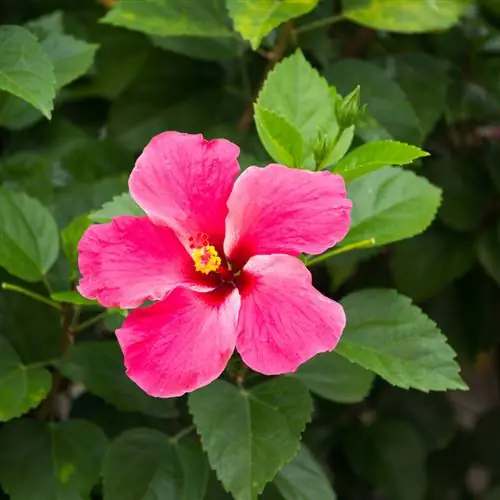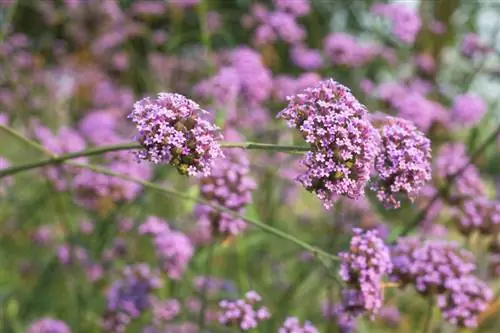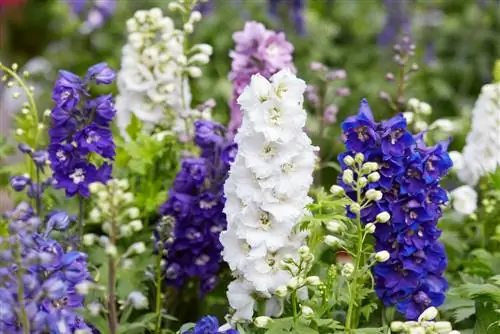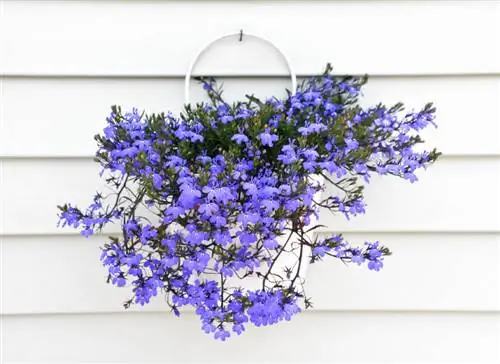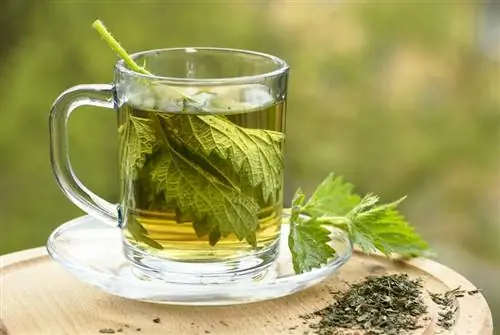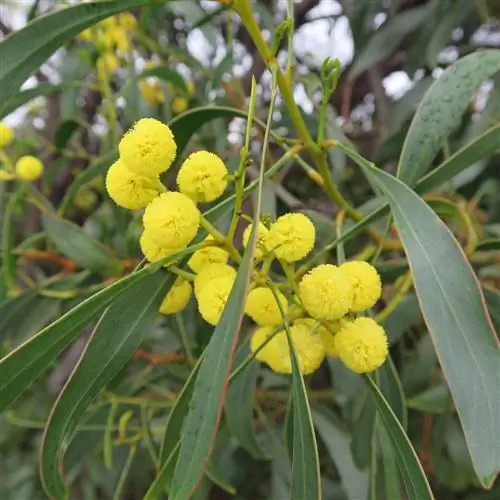- Author admin leonars@hobbygardeners.com.
- Public 2023-12-16 16:46.
- Last modified 2025-01-23 11:19.
Hibiscus has long been an integral part of our gardens and homes. Especially if there are small children or pets in the family, you want to make sure that the plants are not poisonous.
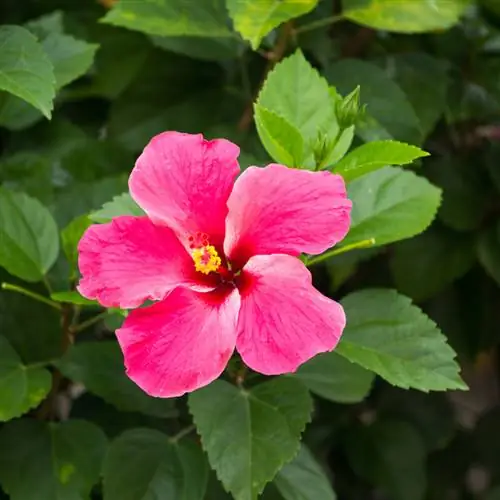
Is the hibiscus poisonous?
The hibiscus is non-toxic to humans and animals, both the garden marshmallow (rose marshmallow) and the indoor hibiscus. However, any sprays and fertilizers used can cause skin reactions.
Hibiscus is not poisonous
No matter whether it is the garden marshmallow, also known as the rose marshmallow, or the indoor hibiscus - the hibiscus does not contain any toxic plant parts and is therefore harmless to humans and animals. You can get detailed information about this from the information center against poisoning in Bonn, among others.
An exception are a few rare wild species, some of which contain ingredients such as malic, citric, hibiscus and ascorbic acid as well as oils and slimes.
Skin reactions after contact with the hibiscus
Nevertheless, skin reactions have been observed several times after contact with a hibiscus. The cause of this is not the hibiscus itself, but rather possible sprays and fertilizers that can cause allergic skin reactions.
Tips & Tricks
You can find information about poisonous plants on the websites of the poison information centers in Germany. Here you can also find out what you need to do if you are poisoned.

